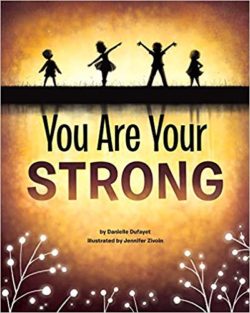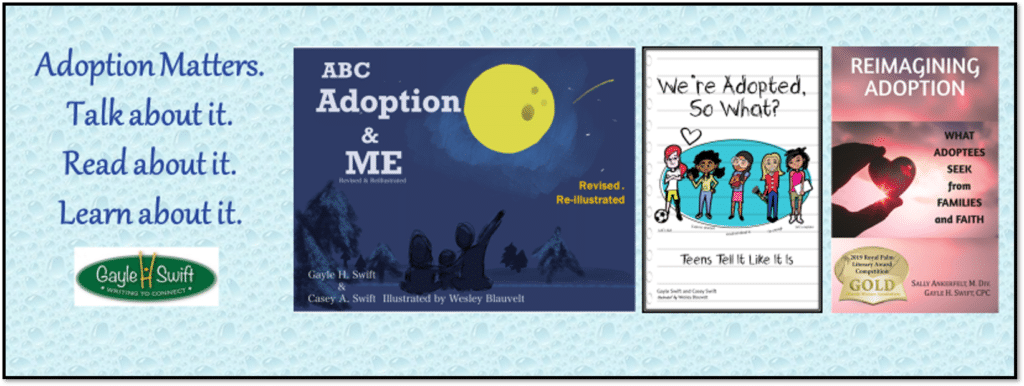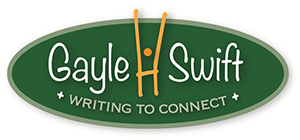 Emotions reflect the gamut of human experience. They include a spectrum from frigid despair, to scalding anger, immobilizing fear, to unbridled joy. Every emotion has value, serves a purpose, and bears expressing. Sometimes emotions can disrupt or overwhelm. Regulating emotions takes skill even for adults. Children benefit from learning how to express and manage emotions in a safe and healthy way, how to name them, how to talk about them, and how to express them. This ability is an important element of Emotional Intelligence.
Emotions reflect the gamut of human experience. They include a spectrum from frigid despair, to scalding anger, immobilizing fear, to unbridled joy. Every emotion has value, serves a purpose, and bears expressing. Sometimes emotions can disrupt or overwhelm. Regulating emotions takes skill even for adults. Children benefit from learning how to express and manage emotions in a safe and healthy way, how to name them, how to talk about them, and how to express them. This ability is an important element of Emotional Intelligence.
2020 Teacher’s Choice Awards Winner You Are Your Strong by Danielle Dufayet offers an engaging an important book that models emotional regulation skills. Gorgeous, multicultural illustrations breathe the story to life. Dufayet’s spare, rhythmic text explains that sometimes kids can turn to others for support and encouragement. Other times, they can dig deep within themselves and discover their own inner strengths and abilities. Sometimes, kids can be a resource for others! There’s no “right” way; there are many ways and each serves its purpose.
This book lends itself to discussing not only how kids can handle their own emotions but also how they can notice the ways other people handle theirs. Conversations can explore when it is safe to try to handle things alone and when kids should turn to an adult for assistance.
For children confronting divorce or any of life’s big issues, this book offers a way to talk about big feelings and to reassure children their feelings are normal, manageable, and okay. Books like this encourage conversations about feelings and help kids manage them by providing then a vocabulary and the support they need to understand and manage their emotions. This is the way we nurture their Emotional Intelligence skills which is an important life skill tool.
 Adoption-Attunement Lens– Even if they are not involved in an open adoption, all adopted children have both a birth family and an adopted family. Research reveals that adopted children think about and fantasize about their birth parents. They wrestle with questions about what specifically caused them to be placed for adoption. Unsurprisingly, adoptees have strong, complicated emotions about this reality. Reading this book with a parent can logically segue into discussions about these feelings. Such conversations provide children with essential support and can help clear up any misconceptions that blame themselves for their adoption.
Adoption-Attunement Lens– Even if they are not involved in an open adoption, all adopted children have both a birth family and an adopted family. Research reveals that adopted children think about and fantasize about their birth parents. They wrestle with questions about what specifically caused them to be placed for adoption. Unsurprisingly, adoptees have strong, complicated emotions about this reality. Reading this book with a parent can logically segue into discussions about these feelings. Such conversations provide children with essential support and can help clear up any misconceptions that blame themselves for their adoption.

All of these books are available on Amazon and in local bookstores.

